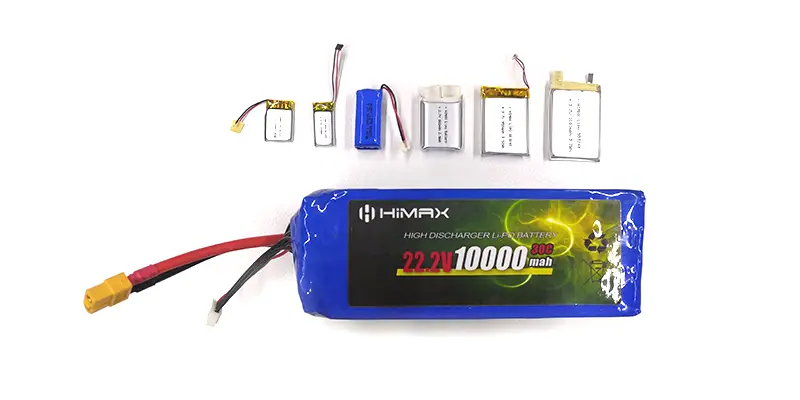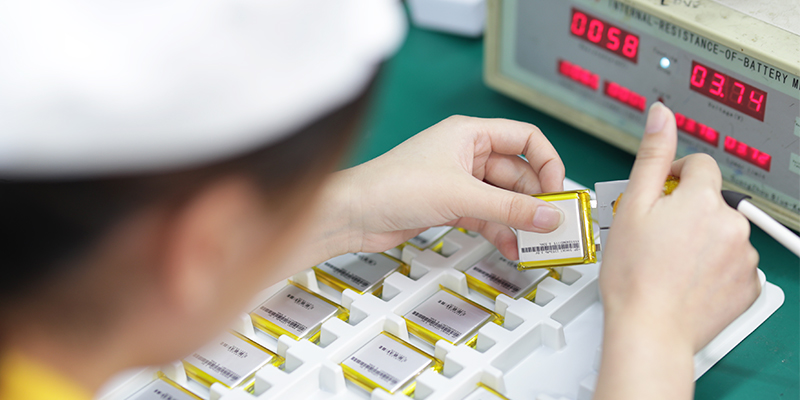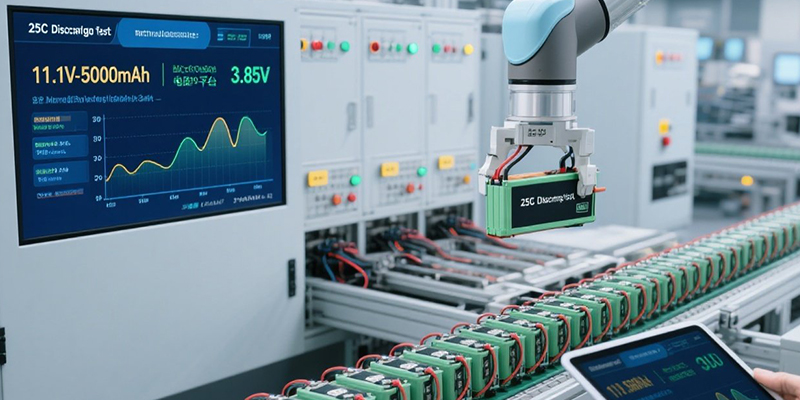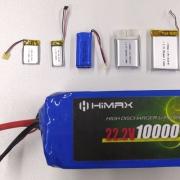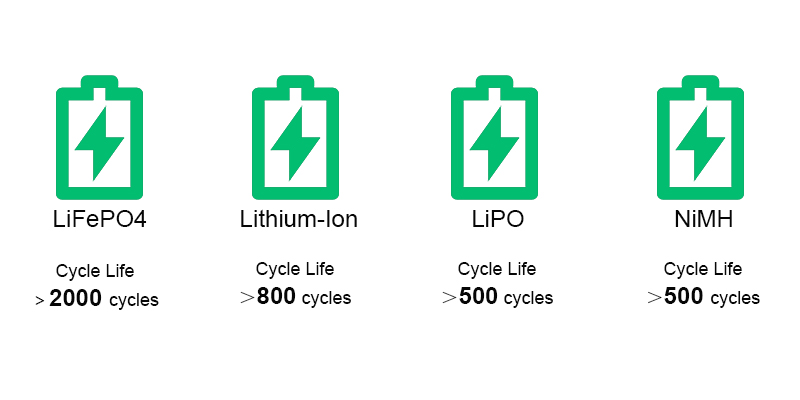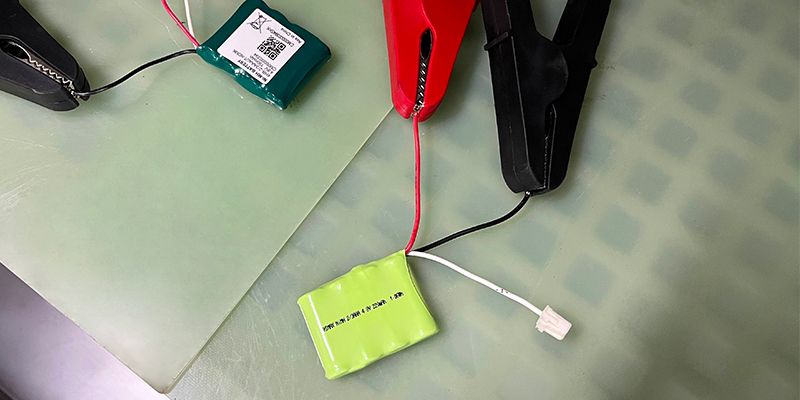Why LiPo is Used in Medical Devices
Lithium polymer batteries are widely preferred in medical devices due to their unique combination of safety, performance, and design flexibility. The most common types include:
1. Standard Lithium polymer batteries (LiPo Batteries)
Used in portable medical devices like infusion pumps, portable monitors, and diagnostic tools.
Typical capacities: 500mAh to 10,000mAh.
Voltage: 3.7V (single-cell) or 7.4V/11.1V (multi-cell).
2. Thin/Flat Lithium polymer batteries(LiPo Batteries)
Designed for wearable medical devices (e.g., continuous glucose monitors, ECG patches).
Ultra-thin profiles (as low as 1mm thickness).
Custom shapes to fit compact spaces.
3. High-Rate Discharge LiPo Batteries
Used in defibrillators, surgical tools, and emergency medical devices.
Support high current bursts (e.g., 5C–10C discharge rates).
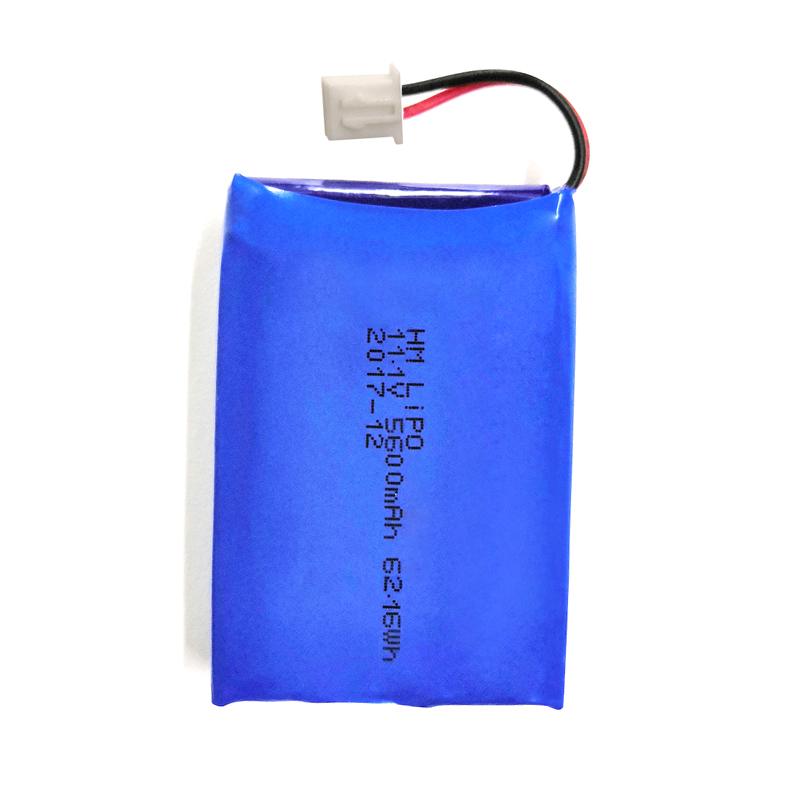
Common Medical Applications:
| Device Type | Why LiPo is Used |
| Infusion Pumps | Long runtime, lightweight |
| Portable Ventilators | High energy density, fast recharge |
| Wearable Monitors | Thin, flexible design |
| Surgical Tools | High power bursts |
| Implantables | Biocompatible, long lifespan |
LiPo batteries dominate medical devices because they offer the best balance of power, safety, and adaptability. Manufacturers further enhance them with medical-grade protections to meet strict regulatory
requirements.
Future Outlook
LiPo batteries will remain indispensable in medical technology, driven by:
- Demand for miniaturization (e.g., swallowable diagnostic capsules).
- Growth in telehealth (more portable/wearable devices).
- Sustainability: Recyclable LiPo designs to reduce e-waste.
By combining innovation with stringent safety protocols, LiPo batteries continue to push the boundaries of what’s possible in medical device performance and reliability.
Conclusion
Lithium polymer (LiPo) batteries have become indispensable in medical devices due to their superior energy density, lightweight design, and flexibility in form factors. From standard LiPo cells in infusion pumps to ultra-thin variants for wearables and high-rate discharge models for emergency equipment, these batteries meet diverse healthcare needs. Their ability to support miniaturization, long runtime, and rapid recharging aligns with the growing demand for portable and wearable medical technology. Furthermore, advancements in biocompatibility and recyclability ensure compliance with stringent medical regulations while addressing sustainability concerns. As telehealth and implantable devices expand, LiPo batteries will continue to drive innovation, offering reliable, high-performance power solutions. By integrating robust safety features with cutting-edge design, LiPo technology remains at the forefront of medical device development, enabling safer, more efficient patient care.

